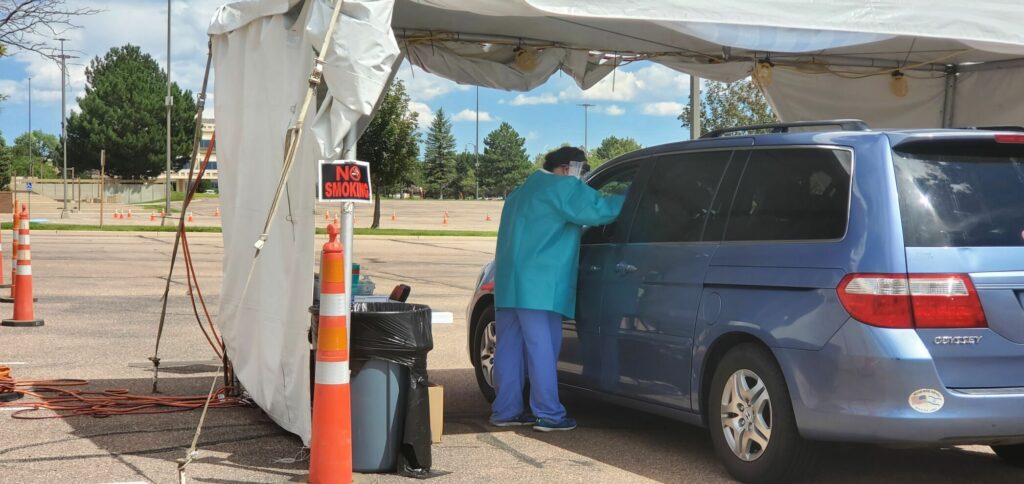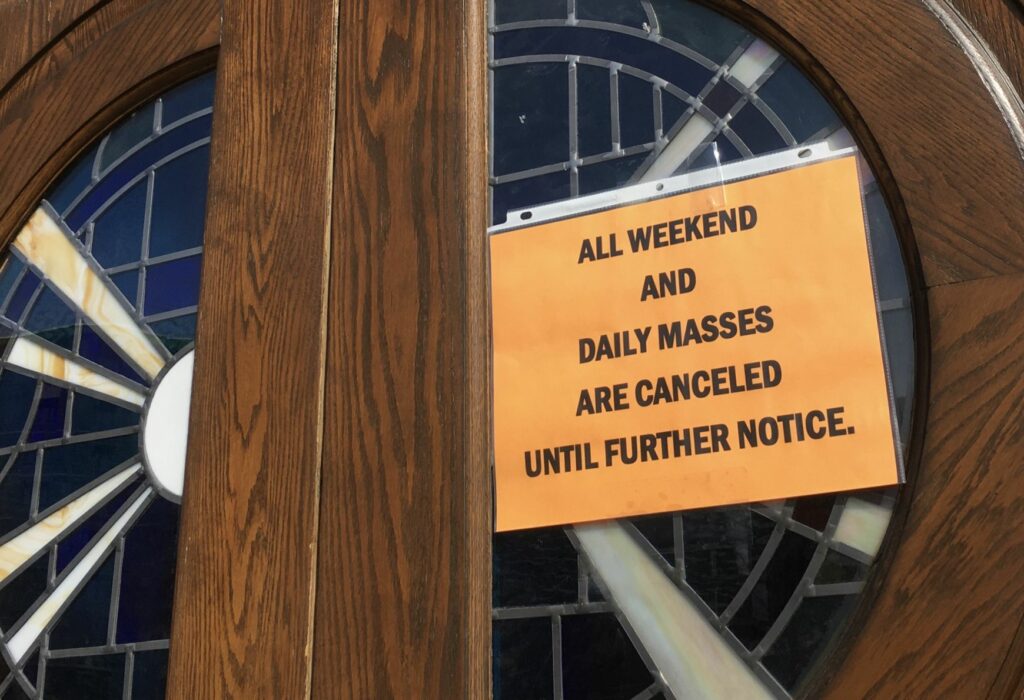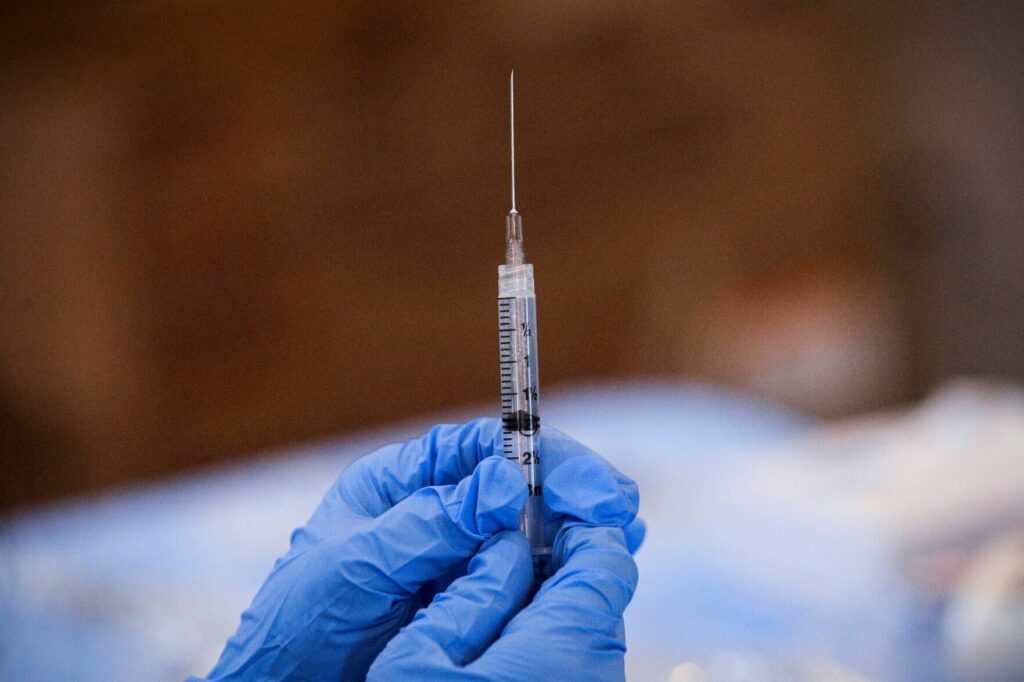Bennet, Crow co-sponsor effort to federalize medical supply chain

U.S. Sen. Michael Bennet has joined with the other members of the Senate Democratic caucus in introducing legislation to establish national control over the medical supply chain during the COVID-19 pandemic.
“Our front-line health workers have called on the Trump Administration to develop a coordinated, national strategy to produce the supplies and equipment needed to keep them safe and protect the public. The absence of such a strategy has cost us dearly in both lives and livelihoods, and it has forced states and health care providers to outbid one another on the open market to secure critical supplies and equipment,” said Bennet. “If the administration will not act, Congress must force its hand.”
The Medical Supply Transparency and Delivery Act would create a point person within the Department of Defense to direct the production and delivery of needed medical equipment. The position, titled the Executive Officer, would create purchase orders, deliver excess equipment to the national stockpile and curate a public list of states’ requests for assistance.
The bill would also require a strategy for testing and a plan to rapidly produce a COVID-19 vaccine when one becomes available. Relying on the authority of the Defense Production Act of 1950, the proposal would establish weekly reporting of equipment needs nationwide and identify manufacturers that could produce equipment in short supply. The Korean War-era law allows the executive branch to order private companies to make the fulfillment of government contracts a priority for national defense purposes.
U.S. Rep. Jason Crow is one of the members co-sponsoring a companion bill in the House of Representatives. “In failing to provide a unified and cohesive response, the White House has left states scrambling in a zero-sum game where there are no winners,” Crow said. “This is a failure of leadership by President Trump and it is incumbent upon Congress to step in and provide the desperately needed action to get supplies to our health care workers.”














